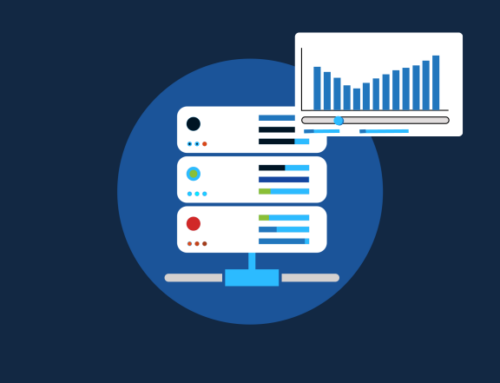As an internet service provider, protecting your network along with your customers is one of the most important practices to consider.
As technology advances daily, cybercrime has been escalating with dangerous hackers using different techniques. With the increase of malware, there are ways to help secure the data of your business and of your customers. Taking caution against online threats can save your network from harmful cyber incidents and any technical damage. Businesses can take advantage of protecting their sensitive data from cyber threats. Although it may take time with extra training, regular updates, and installments, it can save your ISP and your customers!
The following blog will discuss ways to enhance security within your network and customers:
Password Protection
There are a number of strategies to keep your passwords safe from cyber attacks and hackers. Using these strategies can go a long way for protecting your business as well as any customers of an ISP. One powerful way to guard your data is using a multi-factor authentication log in practice. This requires a user to provide more information than just a password to log in their source. Some examples of this would look like a password plus a fingerprint, secret question, email verification code, voice recognition and more!
Another practice for passwords is to change your passwords every so often. It is best to write these down as you change them. This will keep your data on the safe side just in case a hacker has access to your account without you knowing.
One more way to protect you or your customers log-ins is to not reuse any passwords. This will prevent multiple personal accounts from getting cyber attacked. This practice is extremely beneficial as many people today use the same passwords for different accounts.
Be Aware of DNS & Phishing Attacks
A DNS (domain name server) attack is mainly targeted to steal personal data, take down servers, lead fraudulent sites, and more. Some ways to prevent these attacks are to not allow external users to have access to your DNS. You can manage DNS servers for customers in house by the help of a domain registrar. There are always ways to implement security into your DNS software to prevent data theft.
Phishing attacks are one of the most common attacks you may come across. Many people fall for these types of attacks, as they can be hard to identify. It is important to be knowledgeable about what you are signing up for, paying for and what links you are clicking on. Be sure to never click on links or give personal information to sites that you do not recognize or seem unsecured. One piece to look for is the URL name itself. The earlier you recognize a phishing attack, the more likely you are to avoid any data theft and attacks.
Security Training
As an ISP, having a security system in place for your employees to be trained under can reduce the likelihood of cyber attacks. There are various topics that aid protecting sensitive business data that is for internal use only. Some strategic points to enforce are information security, ransomware, removable media, and more. There are so many precautions to take that can help employees which at the end of the day help your customers. Taking part in developing a mandatory training system for all employees can make a huge difference in any ISP!
Updates & Persistent Security Checks
Keeping up to date with your softwares, programs and any applications will help decrease security vulnerabilities. Installing updates may automatically remove unnecessary features or information. It will also help with the performance of your application!
Having persistent security checks can help prevent suspicious activity from happening to you and your customers. From an ISP standpoint, regularly monitoring financial data accounts is important to keep up with and double check accuracy. Doing security checks in all departments can be beneficial as well checking any malware within your customer data.
Antivirus Installments
There are many antivirus programs that are accessible to anyone with a computer. These programs are made to protect businesses and personal devices from malware, ransomware and viruses. There are no guarantees that an attack will not happen, but these security programs are designed to prevent and detect all sorts of malware.
Another option to look into are firewall installments, which act as a security network to protect devices from harmful intrusions. A firewall acts in a way to block threats by filtering out anything that could potentially serve as a threat. There are many antivirus programs offered and it may vary which fit is best for your ISP and your customers!
Backup Data
How often do you back up your data?
This simple practice can make an impact on the future of your business. Doing this regularly will play as a safeguard just incase of accidental data loss, uncontrollable corruption and any types of hacks in your system. Aside from cyber attacks from happening, backing up your data can save large amounts of important data in case of an emergency. This is also a great practice to enforce for your customers as well.
Security Plan
Enforcing a security plan for your business and employees is great preparation for unexpected events. This helps with the next steps when cyber threats occur. If you would like to generate a security plan, the FCC (Federal Communications Commission) provides an online custom planning guide for your business. This is a great resource for privacy and data security, scams and frauds, network security, and more! Here is the website to get started: https://www.fcc.gov/cyberplanner
With technology growing at this rapid pace, cyber threats grow alongside it. These are important practices to protect your business as well as your subscribers. Incorporating these as regular practices in your business are great ways to prevent all of the malware from occurring.
We hope these practices prevent any potential threats so your business can have the ability to thrive while maintaining security!




